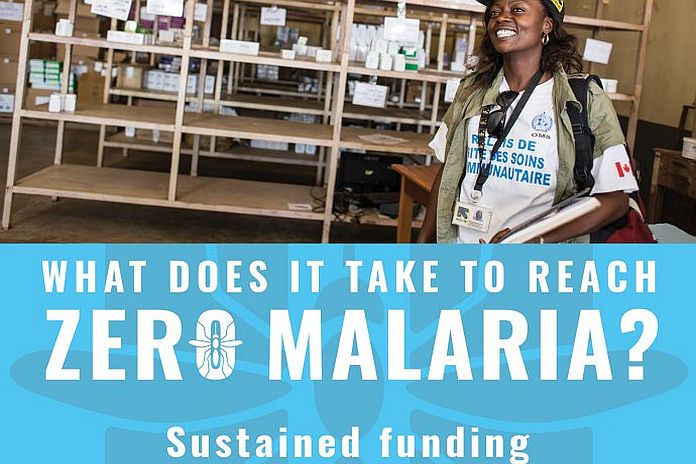By Caribbean News Global contributor
BELMOPAN, Belize – Belize joined the World on April 25, 2021, in celebrating World Malaria Day under the theme, “Maintaining the Zero Malaria Target”; meanwhile the Ministry of Health and Wellness (MOHW), The United Nations High Commissioner for Refugees (UNHCR) announced to asylum seekers, refugees, and migrants living in Belize, that they can receive the COVID-19 vaccine.
Belize MOHW and UNHCR
“The MOHW is committed to offer persons living in Belize the COVID-19 vaccine, following the rollout plan. When it’s your turn, get vaccinated,” said Michel Chebat, minister of health and wellness.
Vaccination phases 1, 2 and 3 are now open in the following groups:
1A. Healthcare workers, 1B. 60 years and older; 1C. persons with cancer, HIV or requiring dialysis;
2A. teachers and police officers; 2B. National assembly, judiciary, customs, and immigration, 2C. Tourism sector;
3A. BDF, Coast Guard, Fire Service; 3B. Persons with co-morbidities that are 50 years and older; 3C. Red Cross and utility workers (telephone, cable, electricity, water companies and banks).
When it is your turn, register for the vaccine or visit your nearest vaccination site. An identification card that states your name and date of birth is required. Identification cards issued by your country of birth or issued in Belize are accepted.
“To conquer the battle against COVID-19, everyone must have access to the vaccine, especially the most vulnerable. By allowing refugees, asylum seekers, and migrants the opportunity to get vaccinated, we are protecting ourselves, our families, and our communities from this deadly virus. I also want to thank the MOHW for a vaccination campaign that leaves no one behind,” said Yolanda Zapata, UNHCR’s head of office in Belize.

World Malaria Day 2021
The theme focuses on global and regional achievements of countries that are approaching the goal of malaria elimination.
The region of the Americas continues to pursue its commitment to global targets including the Sustainable Development Goals (SDGs) and the implementation of the Global Technical Strategy for Malaria 2016 – 2030 (GTS), which emphasizes that all countries can accelerate efforts towards elimination through combinations of interventions tailored to local contexts.
Over the past few decades, Belize has made significant advancements towards this GTS, significantly decreasing the number of reported malaria cases – from 10,000 cases in the 1990s to zero local cases in 2019 and 2020. Belize is on track to being certified as malaria-free in 2022 as the last locally acquired case was reported in December 2018.
The National Vector Control Program of the ministry of health and wellness continues to keep malaria high on its agenda, supporting the mobilization of resources, empowering communities at risk for malaria, and strengthening key health prevention measures and care. Other activities of the program include the introduction of the malaria rapid diagnostics test to expand testing in remote areas, case investigation, intense case management, continuous risk assessment to identify hotspots for malaria transmission, as well as maintaining key preventive measures such as distribution of mosquito nets and indoor residual spraying as part of the national goal to maintain zero local cases.
In 2014, The Global Fund-supported Belize via the “Elimination of Malaria in Mesoamerica and the Island of Hispaniola” (EMMIE) bringing about renewed global commitment and strategic planning for the control and end of malaria. This initiative supported all Central American countries, with the inclusion of the island of Hispaniola (Haiti and Dominican Republic). At the end of the EMMIE project, the Inter-American Development Bank and other partners announced the Regional Malaria Elimination Initiative (RMEI), committing an investment of $83.6 million in support of countries that are on the brink of eliminating malaria.
The MOHW in collaboration with key partners such as PAHO/WHO, continues the work to strengthen areas such as early diagnosis, treatment, case surveillance and monitoring of malaria even through the COVID-19 pandemic. Healthcare workers and the public are encouraged to do their part to increase the surveillance of malaria among patients, monitoring those with possible symptoms, visiting health facilities.





